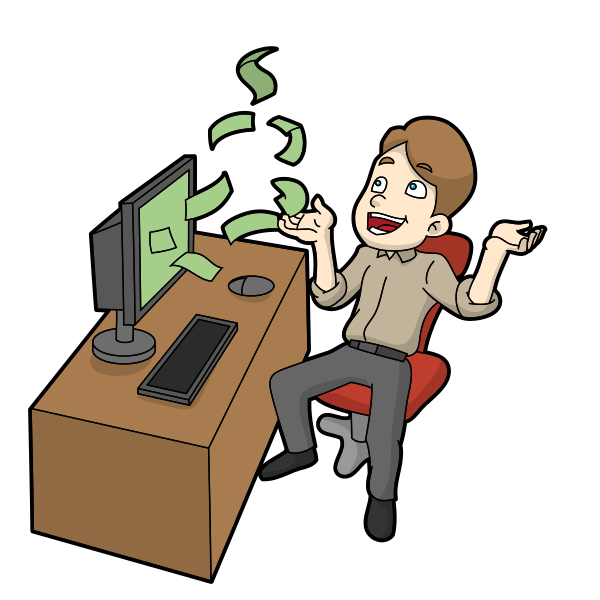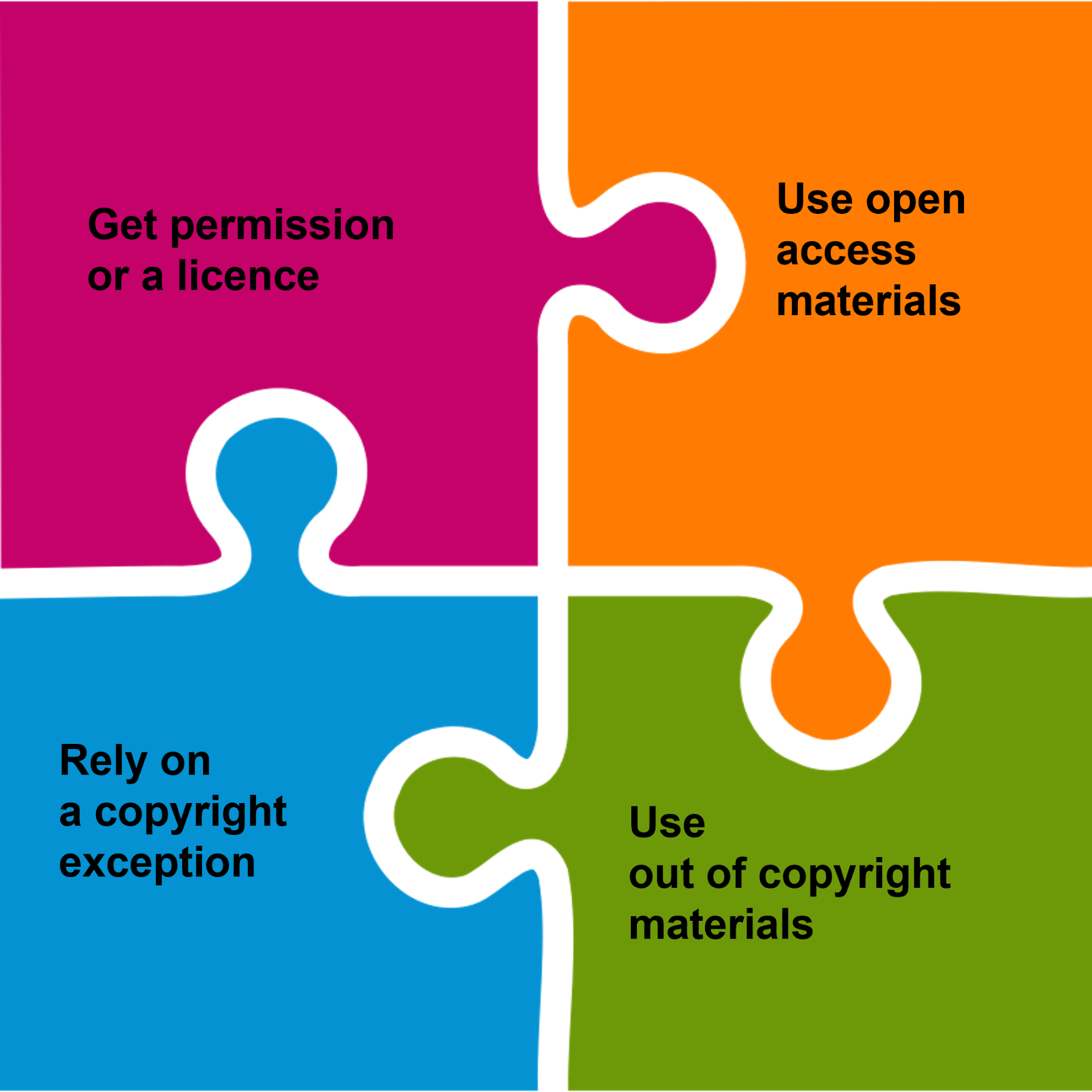
Mission
Education and research are the fundamental building block of the knowledge economy, and are based upon the broad availability and dissemination of knowledge goods across borders. Creative outputs from education and research, and subsequently their reuse, sharing, reworking and preservation are fundamental to the advancement of knowledge and the further development of learning.
To this end we believe it important that Copyright for Knowledge works together with government at a UK and European level, as well as with other education and research focussed groups to maximise access to, and reuse of knowledge in the digitally networked information society we all live in.
Terms of Reference
Copyright for Knowledge will:
- Work towards common policy positions on copyright law (and related rights).
- Work collaboratively on engaging with government on legislative issues at a UK and European level.
- Share intelligence on copyright issues.
- Promote to our own stakeholders issues relating to information law and the development of legislation.
Membership
Membership shall be open to organisations who have academic researchers as their main stakeholder and / or user base.
The current membership is:
- Paul Ayris (UCL) (Chair)
- Toby Bainton (Part-time Advocate, Copyright for Knowledge)
- Lisa Bungerroth (UK HE International Unit)
- Geraldine Clement-Stoneham (Medical Research Council)
- William Greenacre (Wellcome Trust)
- Chris Holland (UCL) (Commitee Secretary)
- Robert Kiley (Wellcome Trust)
- Naomi Korn (LACA)
- David Prosser (Research Libraries UK)
- Ann Rossiter (SCONUL)
In attendance as observer
- Howard Davies (The National Archives)
- Malcolm Todd (The National Archives)
- Louise Pakseresht (The Royal Society)
- Ben White (British Library)
Responsibilities of Network members
- Notes will be taken of the Network's discussions and circulated after each meeting.
- Attendance at, or nomination of a proxy at the face-to-face meetings.
- Reading of papers submitted in advance of meetings.
- As appropriate, promote the activities of the network to your own organisation's stakeholders.
- Supply organisational resource as appropriate for engaging with government within UK and EU.
- Note the EU Transparency Register Code of Conduct when interacting with EU institutions, their members, officials and other staff
Communications and DisseminationQuarterly face-to-face meetings.
- Establish a web presence to support dissemination activities.
- Information sharing by e-mail / list servs.
- Engaging with political process by face-to-face meetings with politicians and civil servants by the group, and where appropriate the use of education sector lobbyists.
- In relation to copyright, arranging and / or participating in speaking events external to, as well as within the sector, to highlight the importance of access to, and the unhindered reuse of knowledge in the education sector.
- Engaging with similar networks across Europe. e.g. ENCES and Copyright for Creativity
 Close
Close






